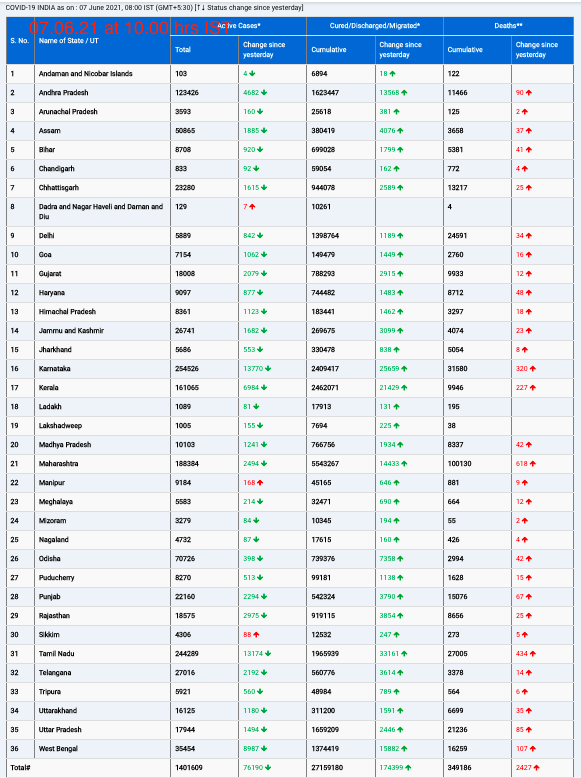Recent advancements in cancer diagnostics are paving the way for more effective treatments, thanks to a breakthrough in liquid biopsy technology developed by researchers at the University of Zurich (UZH) and the University Hospital Zurich (USZ). This innovative method, detailed in a study led by Zsolt Balázs and Panagiotis Balermpas, promises to revolutionize how oncologists assess and treat cancer.
Traditionally, oncologists have relied on imaging technologies and invasive procedures like tissue biopsies to monitor cancer progression and treatment efficacy. However, these methods can be invasive, time-consuming, and may not provide real-time insights needed for optimal patient care.
The new approach focuses on analyzing DNA fragments circulating in the bloodstream, offering a less invasive alternative to traditional biopsies. “Our method can be used for risk assessments, treatment monitoring, and early cancer detection across various types of tumors,” explains Zsolt Balázs, emphasizing the broad applicability of their findings.
By analyzing genetic alterations in blood samples, the researchers can assess tumor activity and predict treatment outcomes more accurately. This enables oncologists to tailor therapies to individual patients, potentially improving outcomes and reducing unnecessary treatments.
“One of the key advantages of our method is its ability to distinguish between aggressive and less aggressive forms of cancer earlier than traditional imaging methods,” notes Panagiotis Balermpas. This early distinction could lead to quicker intervention and more targeted therapies, ultimately improving patient quality of life.
In a clinical setting, the researchers tested their method on patients undergoing radiotherapy, including those with HPV-positive head and neck cancers. By monitoring HPV DNA fragments in blood samples, they were able to predict tumor development and recurrence, highlighting the potential of their approach in guiding treatment decisions.
“The goal is to maximize treatment benefits while minimizing the impact on patients’ quality of life,” concludes Balermpas. This patient-centered approach underscores the importance of personalized medicine in oncology, where early detection and precise monitoring can make a significant difference in patient outcomes.
As research continues to refine this liquid biopsy technique, its integration into routine clinical practice could mark a pivotal step towards more effective and compassionate cancer care. With ongoing advancements, oncologists may soon have a powerful tool at their disposal to transform cancer treatment strategies, offering hope to patients worldwide.












